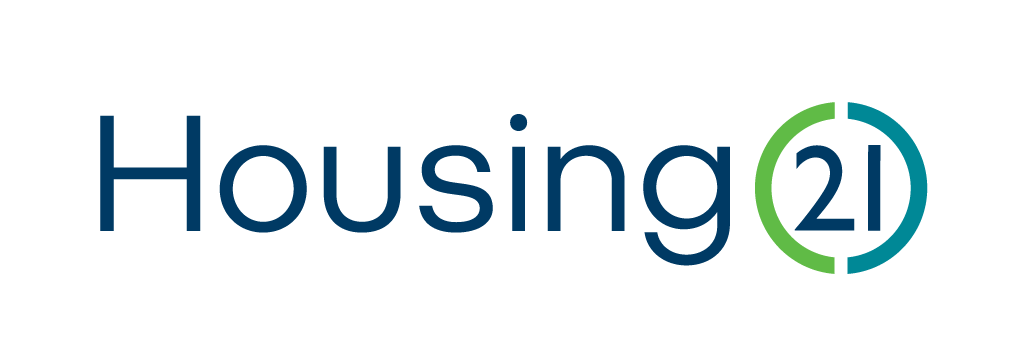Safeguarding and you
What is safeguarding?
Safeguarding means protecting an adult’s right to live safely, free from abuse or neglect.
We appreciate that everyone’s lives are different, and we all have our own unique experiences in life. We recognise that people who have long term health conditions may have care and support needs - this is when you need support from someone, whether family, friends or professionals in ensuring you can maintain everyday skills, complete everyday tasks or have the social or emotional support you require.
Individuals who have care and support needs may be at high risk of abuse or neglect, or more susceptible in some circumstances.
This is why we are here to support you where necessary with safeguarding concerns. This information leaflet has been developed as part of Housing 21’s Keeping Safe initiative, which has been designed with you in mind.
We want to empower you with any safeguarding concerns you may have. This is to be done on your terms and in a way which works for you. This is called Making Safeguarding Personal.
‘Nothing about me without me’ means that we want to ensure you feel safe and supported during the safeguarding process, and will not do anything without your consent, or informing you if the safeguarding criteria is met to refer without consent.
-
We will statements
- We will give you space and time to talk
- We will listen to you
- We will take what you say seriously
- We will try to ensure that you do not have to repeat yourself to different people
- We will ask you what your views, wishes, feelings and desired outcomes are
- We will ask you what you think help might look like to keep you safe
- We will give you as much information as possible about safeguarding and what to expect
- We will take steps to understand you, your culture, background and community
-
How are we open and honest with you throughout the process of safeguarding?
• We discuss our concerns with you before deciding what to do
• We are open about any worries we have for you
• We keep you informed about who is doing what, and why
• We are honest if it is necessary to act against your wishes or expectations
• We seek consent before sharing any information about you, unless the abuse or neglect relates to one of the following:
- A serious crime has been committed
- Housing 21 employees are the alleged perpetrator(s)
- There is a risk to others
- You lack capacity and it is within your best interest to refer to safeguarding
- There is a risk to life
- Duress or coercion may be preventing the referral
- A court order or local authority request
• You will be informed of any of these reasons and your views will still be provided to the local authority
• When we do share information we explain who we are sharing it with, and why. -
What happens after a concern has been raised with the local authority?
Sometimes a local authority may not take the concern further, and it may
be that you do not wish them to.If the local authority takes the safeguarding referral, they are likely to
want to speak to you regarding the concern. You can have support at
any point during the safeguarding process - we can support you if you wish.Each case is different and will take a different amount of time. The local
authority will also keep you at the centre of the process like we will do.
Housing 21 will support you to prevent the risk of abuse or neglect
happening again and will complete a safeguarding prevention risk
assessment with you. Here we will record what you would like to
happen, what your views and wishes are and how we can together
reduce the risk appropriately and proportionately. This is a process
designed to empower you.
Housing 21 wants to support you to live free from abuse or neglect in a
way which is personalised to you. All our managers have had training on
safeguarding, safeguarding prevention and how to ensure that you are at
the centre by following the Making Safeguarding Personal Framework



